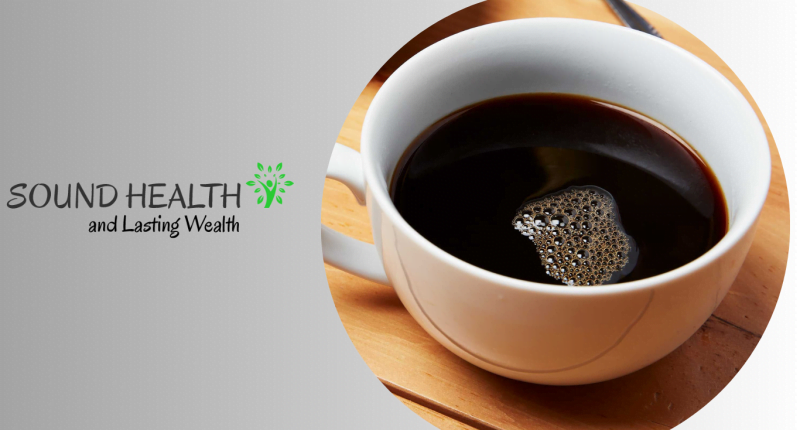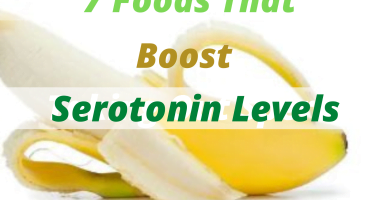Foods to Avoid When Taking Folic Acid – Folic acid is a B vitamin that is essential for many bodily functions, including the production of new cells, the formation of red blood cells, and the prevention of birth defects. Folic acid is found in many foods, including leafy greens, citrus fruits, and fortified cereals. However, there are some foods that can interfere with the absorption or effectiveness of folic acid, and it is important to be aware of these foods if you are taking folic acid supplements.
The importance of folic acid
Folic acid is important for many bodily functions, including the production of new cells, the formation of red blood cells, and the prevention of birth defects. Folic acid is especially important for women who are pregnant or trying to conceive, as it can help prevent neural tube defects in the developing fetus. Folic acid is also important for people with certain medical conditions, such as anemia, celiac disease, and inflammatory bowel disease.
Foods that can interfere with folic acid absorption
There are some foods that can interfere with the absorption of folic acid, making it less effective. These foods include:
- Alcohol: Drinking alcohol can interfere with the absorption of folic acid, as well as other vitamins and minerals. If you are taking folic acid supplements, it is best to avoid alcohol or limit your consumption.
- Antacids: Antacids can interfere with the absorption of folic acid and other vitamins and minerals. If you need to take antacids, it is best to take them at a different time than your folic acid supplements.
- Coffee and tea: Drinking coffee and tea can interfere with the absorption of folic acid, as well as other vitamins and minerals. If you are taking folic acid supplements, it is best to avoid coffee and tea or limit your consumption.
- High-dose vitamin C supplements: High-dose vitamin C supplements can interfere with the absorption of folic acid. If you are taking high-dose vitamin C supplements, it is best to take them at a different time than your folic acid supplements.
Foods that can reduce the effectiveness of folic acid
There are some foods that can reduce the effectiveness of folic acid, making it less beneficial. These foods include:
- Baked goods: Baked goods, such as bread and pastries, may contain unfermented folic acid, which is less effective than the natural form of folate found in whole foods.
- Processed foods: Processed foods, such as chips and snack foods, may contain unfermented folic acid, which is less effective than the natural form of folate found in whole foods.[1]
- Excessive amounts of folate from supplements: Consuming excessive amounts of folic acid from supplements can actually reduce the effectiveness of folic acid. It is important to stick to the recommended daily intake of folic acid, which is 400-800 micrograms per day for most adults.
Foods that can increase the need for folic acid
There are some foods that can increase the need for folic acid, making it important to ensure that you are consuming enough. These foods include:
- High-protein diets: High-protein diets can increase the need for folic acid, as the body uses more folic acid to process protein.
- High-fiber diets: High-fiber diets can increase the need for folic acid, as fiber can interfere with the absorption of folic acid.
- Certain medications: Certain medications, such as anticonvulsants and methotrexate, can interfere with the absorption of folic acid and increase the need for supplementation.
Conclusion
Folic acid is an essential nutrient that is important for many bodily functions, including the production of new cells and the prevention of birth defects. While it is important to consume enough folic acid, it is also important to be aware of foods that can interfere with its absorption or effectiveness. By avoiding certain foods and ensuring that you are consuming enough folic acid, you can help ensure that you are getting the maximum benefits from this important nutrient.
FAQs
A: Symptoms of a folic acid deficiency can include fatigue, weakness, irritability, and anemia.
A: Yes, consuming excessive amounts of folic acid from supplements can actually reduce the effectiveness of folic acid.
A: Good sources of folic acid include leafy greens, citrus fruits, beans, and fortified cereals.
A: Yes, folic acid can help prevent neural tube defects in the developing fetus.
A: The recommended daily intake of folic acid is 400-800 micrograms per day for most adults.








